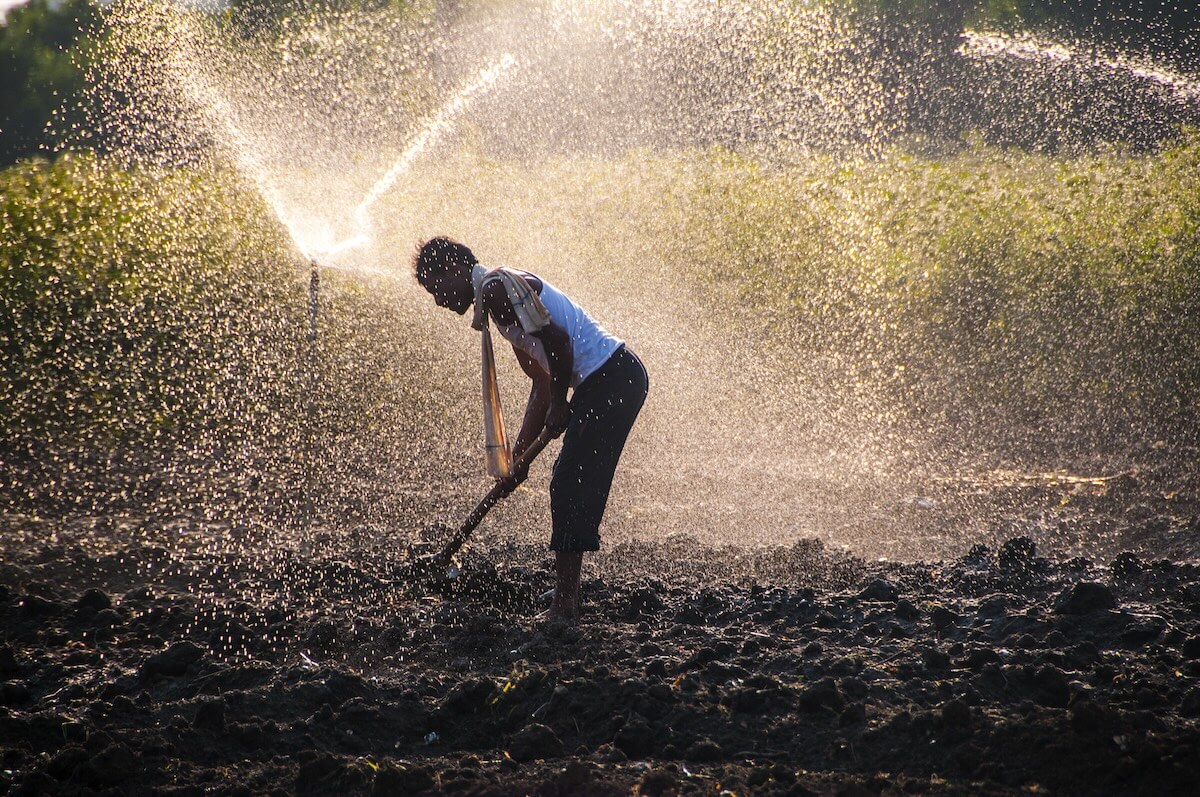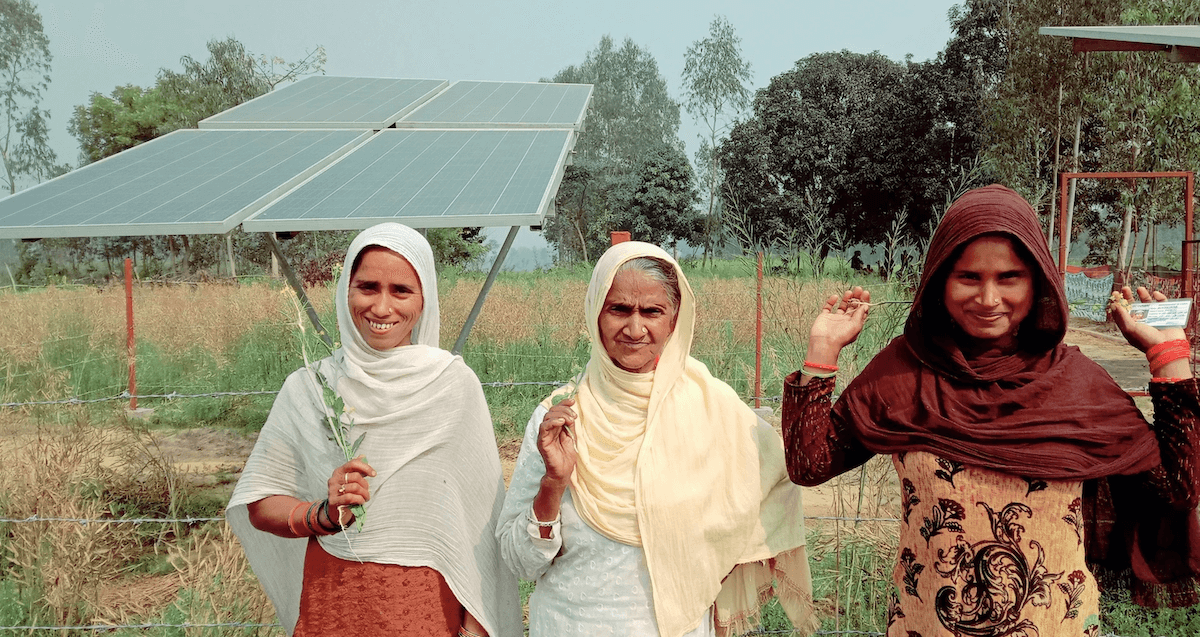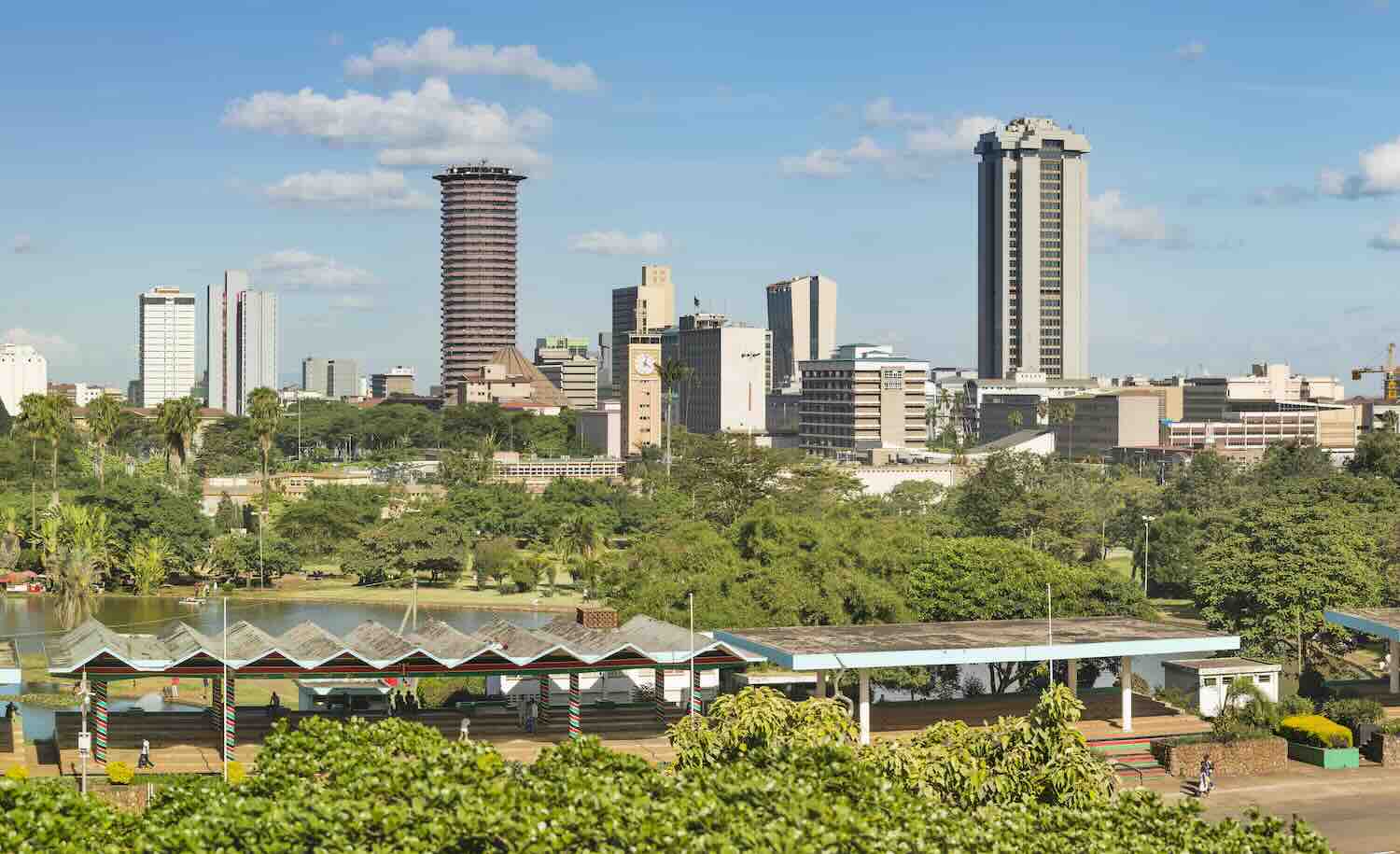ImpactAlpha, May 6 – Farmers in Iowa and Illinois are getting $20 a ton for sequestering soil carbon. Tropical forests can collect $10 a ton for storing forest carbon. Communities on the northern coast of Colombia this week will test the market for mangrove carbon under a new standard for verifying carbon stored both above and below the water.
“Verified carbon units” for an 11,000-hectare mangrove forest in Cispatá are coming to market, via Verra, after a two-year effort by Conservation International and local partners, funded by Apple, that included scientists wading into knee-deep mud to collect samples for analysis.
Mangroves store up to 10 times the carbon of terrestrial forests and provide local communities with food, livelihoods and protection from storms. “Mangrove ecosystems are the Protective Mother for communities,” Doña Ignacia, a community leader, said in a statement.
Blue carbon
Previous credits accounted only for carbon stored above water in roots, trunks and foliage; the new credit accounts for carbon stored in wetlands soil as well, which can more than double the carbon credited and thus the revenues.
“The full value of nature-based solutions is not being calculated into the price and nature is having to compete with other sources of carbon credits that have much fewer co-benefits,” Conservation International’s Jennifer Howard told ImpactAlpha.
Verification flap
Unearthed, an arm of the environmental group Greenpeace, working with The Guardian, has challenged Verra’s method for accounting for carbon credits generated by Amazon conservation efforts.
Climate activists have been divided over the emergence of “offset” markets, which can allow companies to delay their own decarbonization efforts. Conservation International says it supports rigorous accounting but was “disappointed” by the reports.
Humanity must “protect nature on a massive scale — and we’re on a short deadline,” the organization said in a statement. “One of the most critical tools for protecting nature is forest-carbon investments.”











